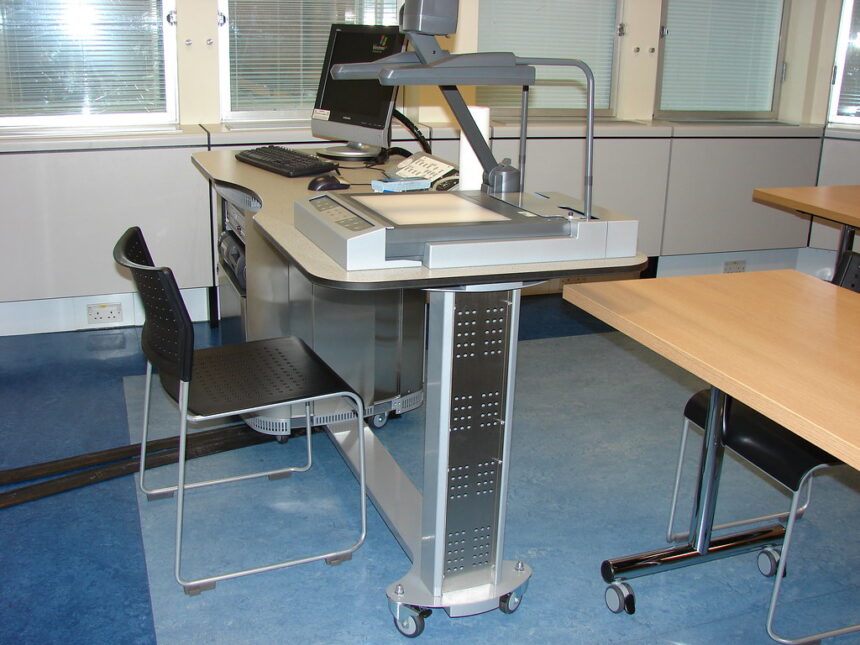Venezuela’s investment climate, which was once promising, has dramatically deteriorated due to the political unrest and economic decline.
Foreign investors have become increasingly hesitant to invest in the country following the July 28 contested elections, due to the uncertainty and instabilities that cloud the prospects.
Venezuela was once a popular investment destination, especially in the oil industry. However, its economic and political crisis has severely weakened this appeal.
Venezuelan investment has fallen in appeal
Historically, Venezuela’s vast natural resources–especially its oil reserves, the largest in the world at an estimated 302 billion barrels–made it an attractive hub for international businesses.
Under President Nicolas Maduro, Venezuela has collapsed into an economic mess.
The economy has been crippled by years of mismanagement and hyperinflation.
Venezuelan economy shrank by 75% between 2013 and 2021. This was one of the most severe economic declines in history.
International Monetary Fund projects that GDP will continue to decline, reflecting the current economic downturn.
Estimates of the country’s debt have risen to $150 billion.
Venezuela has defaulted in a large part of its debts, increasing the risk for investors.
US sanctions isolated the country and prevented all investors except a handful from investing in the market.
Contrary to Venezuela, other countries such as Brazil, Colombia and Chile are flourishing, attracted by major tech companies from around the world and international banks who have left Venezuela long ago.
Political isolation and sanctions
The US sanctions are one of the biggest obstacles to foreign investments in Venezuela.
Venezuelan companies have been forced to reconsider investing in Venezuela due to these restrictions.
Venezuela, on the other hand, has sought financial assistance from a group of small geopolitical partners, including China, Russia and Iran.
China, according to the Dialogue Center for InterAmerican Studies has invested nearly double in Venezuela than it has in any other Latin American nation.
Despite the fact that many of these loan guarantees are based on future oil sales, they remain unpaid.
Chinese investments may have helped to prop up Maduro’s regime but they did little for Venezuela’s economy.
Some critics argue that the investments have more to do with gaining geopolitical power than they do with fostering real economic growth.
In 2021, despite these obstacles, the trade between Venezuelan and Chinese reached $6 billion, which is a testimony to their partnership despite sanctions.
Risks of investing in Venezuela
Venezuela’s Bond Market is a significant risk for potential investors.
Alejandro Grisanti is an economist with Ecoanalitica. He highlights the high interest rates Venezuela has to pay on its bonds. This reflects the unstable political and economic situation of the country.
Venezuela is ranked as the most risky place to invest by JPMorgan Emerging Market Bond Index, which tracks sovereign bonds in emerging markets.
Venezuela has high bond yields, despite the fact that much of its debt is either in default or restructured. This highlights its credit risk.
Grisanti says that Venezuela is at a high risk of economic collapse, despite the fact other Latin American nations like Brazil and Mexico have more stable levels of debt.
Due to the country’s 2017 suspension of its debt payment and its ongoing default, its oil company PDVSA has cemented it as an investment destination with high risk.
Venezuela’s failure to improve its economy or restructure debts further deters foreign investment.
Source: JPMorgan Emerging Market Bond Index
Venezuela’s oil sector, which was once the mainstay of its economy needs foreign capital desperately to recover.
Oil production in the country has dropped from 2 million barrels a day to merely a fraction.
Venezuelan oil production is unlikely to recover without significant investment in technology and infrastructure.
Despite the sanctions imposed by the US, international investors are still hesitant to make investments, particularly in oil-related sectors.
Grisanti says that the results of the US election could complicate Venezuelan investment prospects.
If the US adopts a more aggressive stance, it could lead to the reinstatement of specific sectoral sanctions or the withdrawal from licenses which Venezuela relies upon currently in order to maintain its oil industry.
These actions may stifle a potential oil recovery, extending the economic stagnation of the country.
Can Venezuela recover?
Venezuela is one of the most unattractive places to invest in due to its economic collapse, political instability and sanctions.
The global investor community is still cautious, even though China and Russia continue to engage in financial support for the Maduro government.
Venezuela’s investment future depends on the political and economic changes that are unlikely to occur under this administration.
Venezuelan investment prospects will only continue to worsen if there are no significant efforts made towards stabilization.
There is little reason to be optimistic in the face of hyperinflation and debt defaults.
Investors seeking opportunities in Latin America will likely turn their attention to economies with a more stable economic environment, leaving Venezuela to suffer a long period of isolation and decline.
For now, Venezuela’s investment scenario looks bleak.
It faces many obstacles, both politically and economically. This makes it difficult for the country to attract capital from abroad.
Although allies such as China and Russia might provide a short-term boost, a long-term recovery is unlikely without structural changes.
Investors will likely remain passive until there are meaningful changes, which could further delay Venezuela’s economic recovery.
As new developments unfold, this post Venezuela’s political and economic turmoil worsens the investment climate in Venezuela.
This site is for entertainment only. Click here to read more






